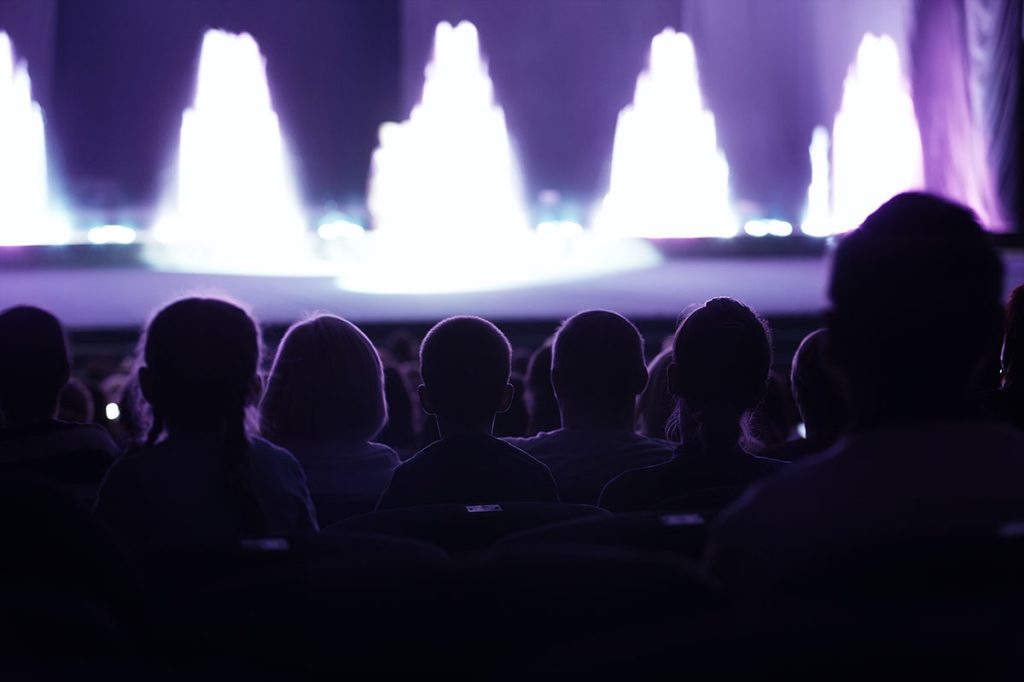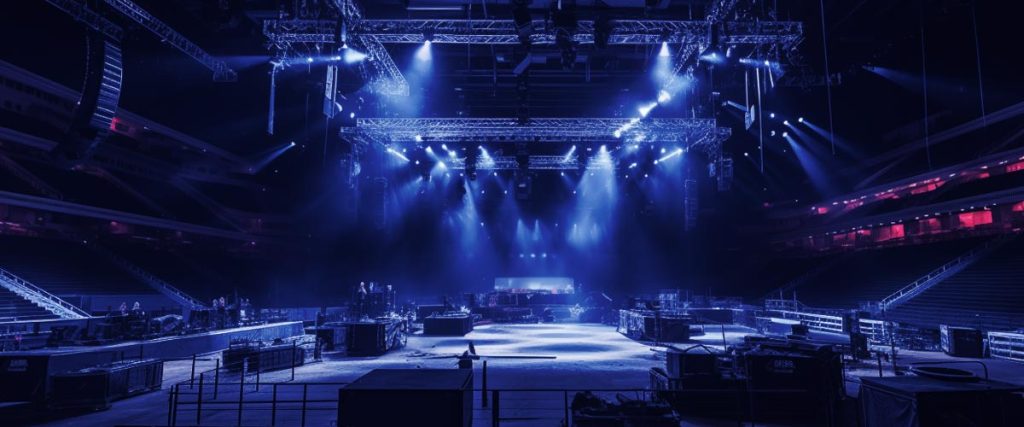7 Tips for Successful Event Planning: Enhancing your Audio Visual Experiences
Theatre Etiquette – A Few Notes to Remember 1 October 2024 8:29 pm Understanding the customs and behaviours that ensure a pleasant theatre experience, from dressing appropriately to maintaining good manners. Getting to watch a theatre production is a momentous event. Such an occasion is rare, and the opportunity to see the collective achievements of the actors, stage management, and theatre equipment is a true spectacle. With that in mind, are we all familiar with theatre etiquette? If you said no, then worry not because we’d like to present a guide on how to adequately conduct yourself for the sake of your viewing experience and those joining you both in and out of the concert seating. Dress Code Attending a theatre production is a formal event. This means suits, cocktail dresses, and darker colours to avoid creating an overly bright distraction for your fellow audience members. It brings a certain sophistication to the event and certainly doesn’t take away from your charm. There will be several occasions where a theatre venue will clarify the dress code to attend an upcoming production. Nowadays, only traditional theatre, such as opera and ballet, requires formal wear. Some events will only require semi-formal dressing, which tends to be forgiving in how easily an outfit can be assembled. A tuxedo won’t be needed, but a suit and tie would suit perfectly. Knee-length skirts and blouses are permissible for ladies in attendance. With all that being said, some theatres will allow for casual wear. If you’re unsure about what is and is not permitted, semi-formal is a safe bet and will help you find the right balance in any dressing scenario. As long as you don’t turn up in flip-flops and shorts, you’ll be fine. Posture & Manners One should feel relaxed when they’re attending a stage production. Such an event structures itself around luxury, and whether you’re a frequent audience member or seldom get the chance to take part in live viewings, everybody wants the best out of their experience. So, how does one ensure everybody gets to take in the scale of the staging and sets? With good manners, of course. The audience should remain silent throughout the actors’ performance to give them the freedom to carry out the production, but a hushed voice isn’t the only thing that’s needed to give a good viewing to the audience. Mobile phones should be turned off or at least set to silent, and it should be a given that photos and videos must not be taken in the theatre. Sit up straight and don’t lean to the side; this would prohibit those behind you from having a clear view of the stage and screens. You also shouldn’t wear your hair high up, nor should you adorn any hats, as this would distract people behind you. The length of some productions can be overwhelming for some, so don’t forget to eat before the start of the production. You shouldn’t wait until you’ve reached your seat to start eating. Try to arrive early so you can easily find your seat (and be sure to find yourself at your assigned event seating, nobody likes an argument) and be mindful of those looking for theirs. Pull your legs back to allow other guests to pass through the tightly packed rows of seats, and if you have to, don’t hesitate to stand up to give them room. If you arrive late, don’t fret; the doors will open again for the intermission. Most performances have a set moment in the show when they can allow latecomers into the auditorium. Still, you will not always be able to get to your assigned seat until the intermission. Besides, you don’t want to try navigating through concert seating once the theatre lighting has gone dark. Behaviour of Children Children are the very light of our lives and the thing that breaks up the silence of the dark. The latter of those two things isn’t exactly great when watching a stage drama. It’s a painful truth, but unfortunately, there’ll always come a time when hiring a babysitter would be a better alternative to bringing your child along to watch a much-anticipated production. Theatre productions can go late into the night, and there is no guarantee that an exhausted child will be able to control their cries, which could cause a distraction for actors and audience alike and create discomfort for the parents of said child. Infant children are already restricted from entering because of this. Those managing the AV system can’t account for an unruly child. That’s up to the parents, even if the child is old enough to enter. There’s nothing to say that a young child can’t sit back and enjoy a production. However, if a parent makes the wrong call by bringing their children into the audience, they must be able to handle the situation. Many productions will have an age restriction. This is not only due to the content of the production but also to the consideration of fellow audience members. Encore An encore can feel like the height of a performer’s career. The event sees the audience wanting more from them, usually delivered through extended applause. It is a source of great pride and appreciation to those involved with the stage management, so be sure to give the applause with courtesy by ensuring everyone in the audience is on the same page with what they want (don’t worry, it’ll be easy to tell). The final thing to note about the encore is that you shouldn’t leave while it’s performed. The sets, staging, screens, acts, audio visual, and even the theatre rentals have come together to bring a vision to life, and if it was good enough to warrant an encore, you wouldn’t want to miss out. A standing ovation is the highest honour an audience can award a production, so if your fellow audience members carry on clapping, don’t be afraid to join in. Contact us today Gearhouse is your
7 Tips for Successful Event Planning: Enhancing your Audio Visual Experiences Read More »



